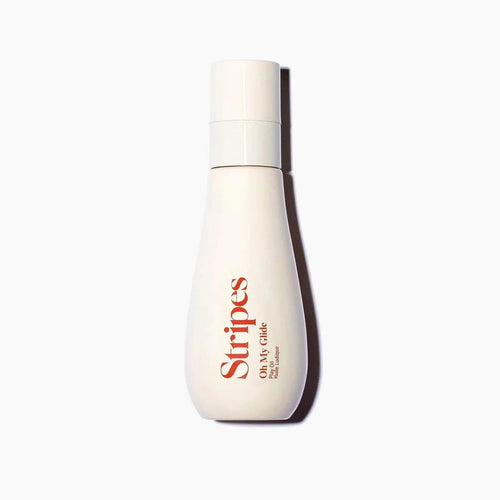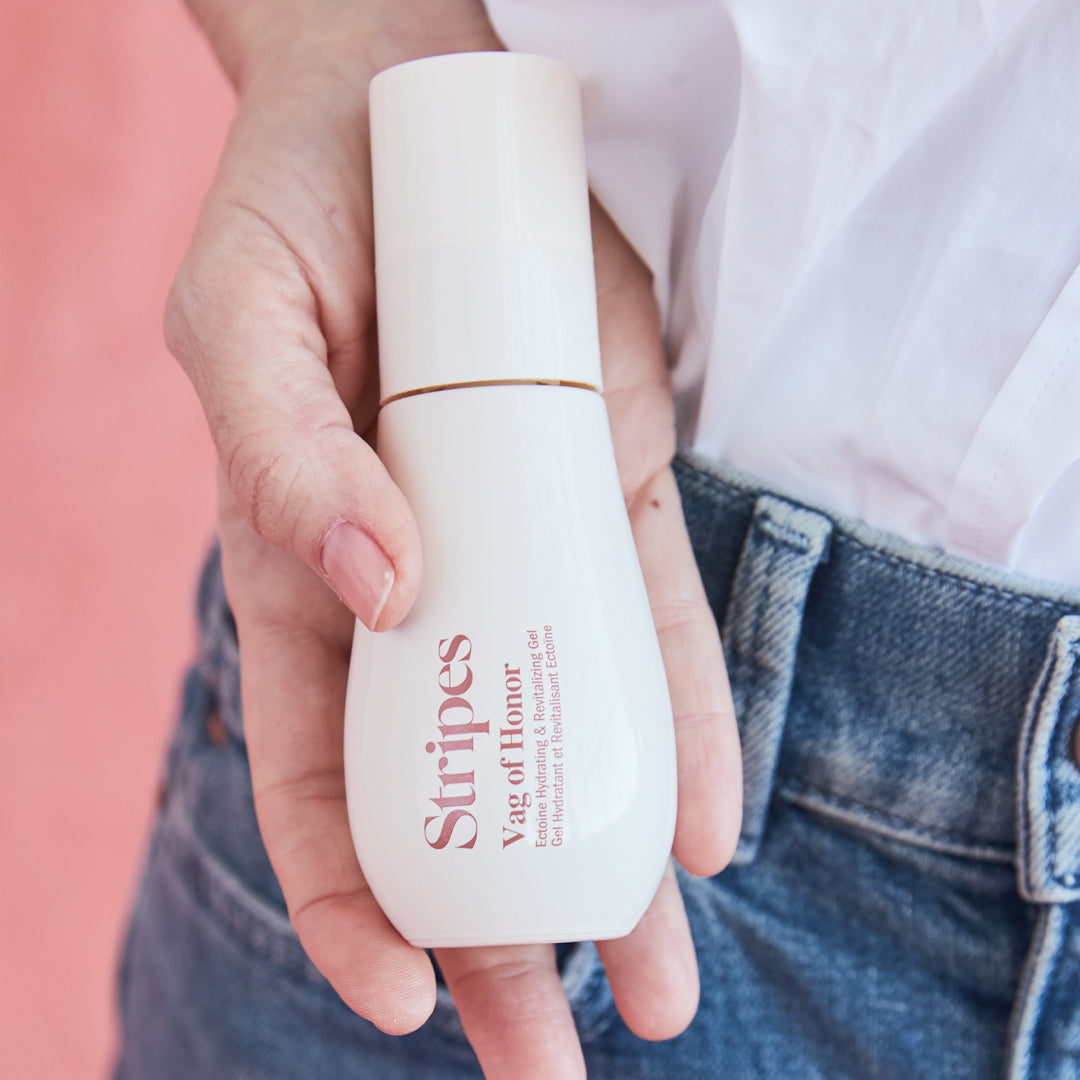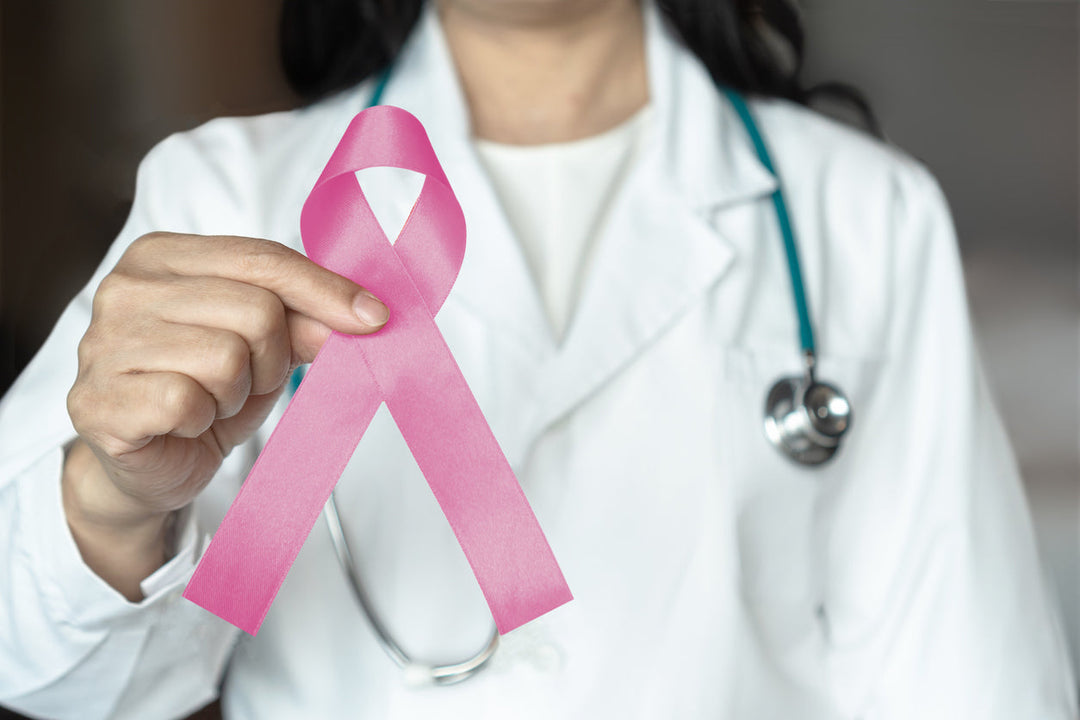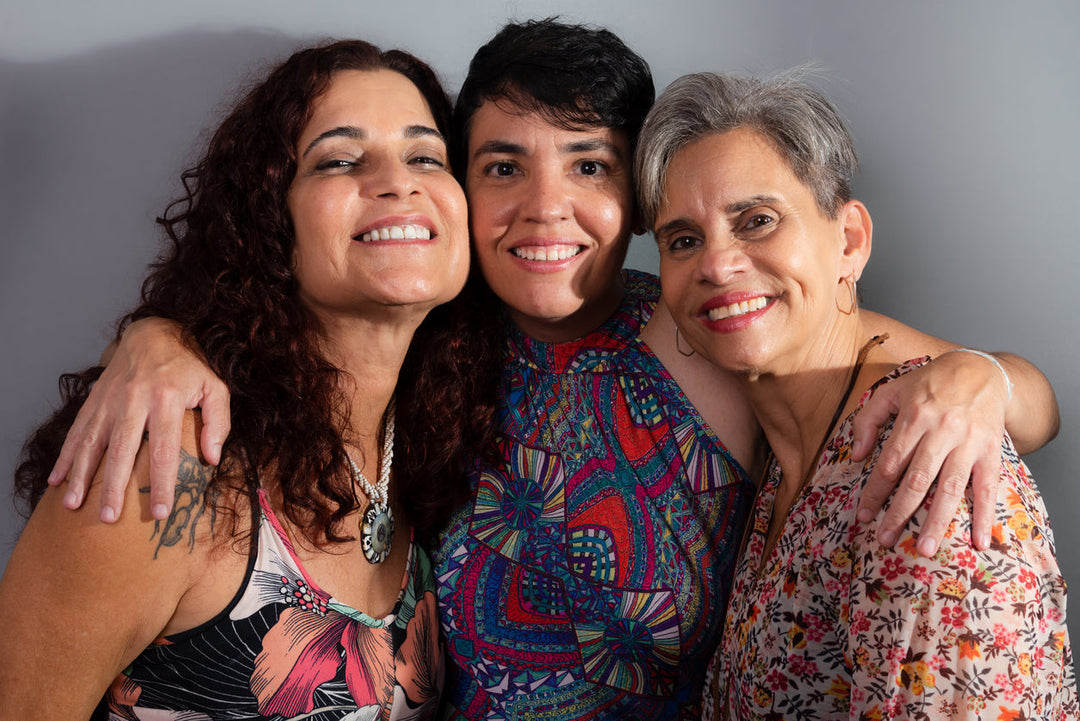Cold Flashes: What They Are and Why They Happen (Especially During Menopause)
When we think of menopause symptoms, most people immediately think of hot flashes — those sudden, steamy waves of heat that can leave you sweating. But did you know that the opposite can also happen?
Yep, cold flashes are a real thing. If you've ever felt an unexpected chill wash over you, leaving you shivering for no reason — even when everyone else seems perfectly comfortable — you’re not imagining it. Cold flashes can be just as annoying and unexpected as their hot counterparts.
Let’s dig into what cold flashes are, how they relate to menopause, and what you can do to stay comfortable when your internal thermostat starts acting up.
What are cold flashes?
A cold flash feels like a sudden chill that seems to come out of nowhere. Some people describe it as a “deep freeze” sensation — shivering, goosebumps, and feeling like you just stepped into a freezer, even if it’s 75°F and sunny.
These episodes can last a few seconds or several minutes, and they’re often followed by other symptoms like anxiety, sweating, or even a hot flash right afterward. That whiplash between hot and cold can leave you feeling totally off balance.
What causes cold flashes?
The exact cause of cold flashes isn’t fully understood, but researchers believe they’re linked to the same thermoregulatory chaos that causes hot flashes — particularly in women going through perimenopause and menopause.
Hormonal fluctuations
Estrogen plays a major role in regulating body temperature. When estrogen levels start to decline during menopause, it can confuse the hypothalamus — the part of your brain that controls your internal thermostat. Your body may suddenly think it’s overheating (hello, hot flash) or freezing (cue the cold flash), even when it’s not.
A study published in Menopause: The Journal of The North American Menopause Society found that fluctuations in estrogen levels during the menopausal transition can significantly impact thermoregulation and vasomotor symptoms, including both hot and cold sensations.
Stress and anxiety
Menopause doesn’t just affect your hormones — it can also mess with your mood. Increased anxiety or panic can trigger the fight-or-flight response, which redirects blood flow away from your skin and extremities. The result? Cold hands, a chilled feeling, and sometimes even shivering. According to a 2019 review in Journal of Women’s Health, women who experience high levels of perceived stress during the menopausal transition report more frequent and intense vasomotor symptoms, including cold sensations.
Are cold flashes a sign of something serious?
Most of the time, cold flashes during menopause are harmless. But if you’re experiencing them often or alongside other concerning symptoms — like fever, night sweats unrelated to hormones, or sudden weight loss — definitely check in with your doctor.
Keep in mind that thyroid disorders can also cause sudden changes in body temperature, so it’s a good idea to rule those out if cold flashes are new or worsening.
How to manage cold flashes
While there’s no magic switch to stop cold flashes completely, here are a few strategies that can help keep you more comfortable:
Layer up strategically
Wearing layers makes it easy to adjust your temperature throughout the day. Think breathable base layers, soft sweaters, and a cozy scarf you can toss on or take off as needed.
Support hormone balance
Some people find relief through hormone therapy (HT) or menopausal hormone therapy (MHT), which helps stabilize estrogen levels. This can ease both hot and cold flashes — but it’s not right for everyone. A major review by the Endocrine Society concluded that hormone therapy can be effective for vasomotor symptoms but should be tailored to each person’s medical history and risk profile.
Stay active
Regular exercise improves circulation, boosts mood, and supports overall hormone balance. Bonus: it also helps regulate your internal thermostat more effectively.
Mind your triggers
Just like hot flashes, cold flashes can be triggered by stress, caffeine, alcohol, or even spicy foods. Keeping a symptom journal can help you spot patterns and reduce the frequency of episodes.
Try natural remedies
Some women find relief from herbal supplements like black cohosh, evening primrose oil, or maca root. While the science on these remedies is mixed, they may be worth exploring under the guidance of a healthcare provider. Taking a supplement that helps with hot flashes may also help with cold flashes.

When to talk to a doctor
If cold flashes are interfering with your daily life — or if you're just tired of feeling like you’re stuck in a constant game of “hot or cold?” — it’s worth having a chat with your doctor. They can check your hormone levels, look for underlying causes, and recommend treatment options that match your health goals.
Cold flashes might not be as widely discussed as hot flashes, but they’re very real and very common, especially during menopause. Understanding what’s going on in your body is the first step toward finding relief. Whether you choose lifestyle tweaks, hormone therapy, or just a few extra layers and deep breaths, know that you're not alone and that this stage won’t last forever.











